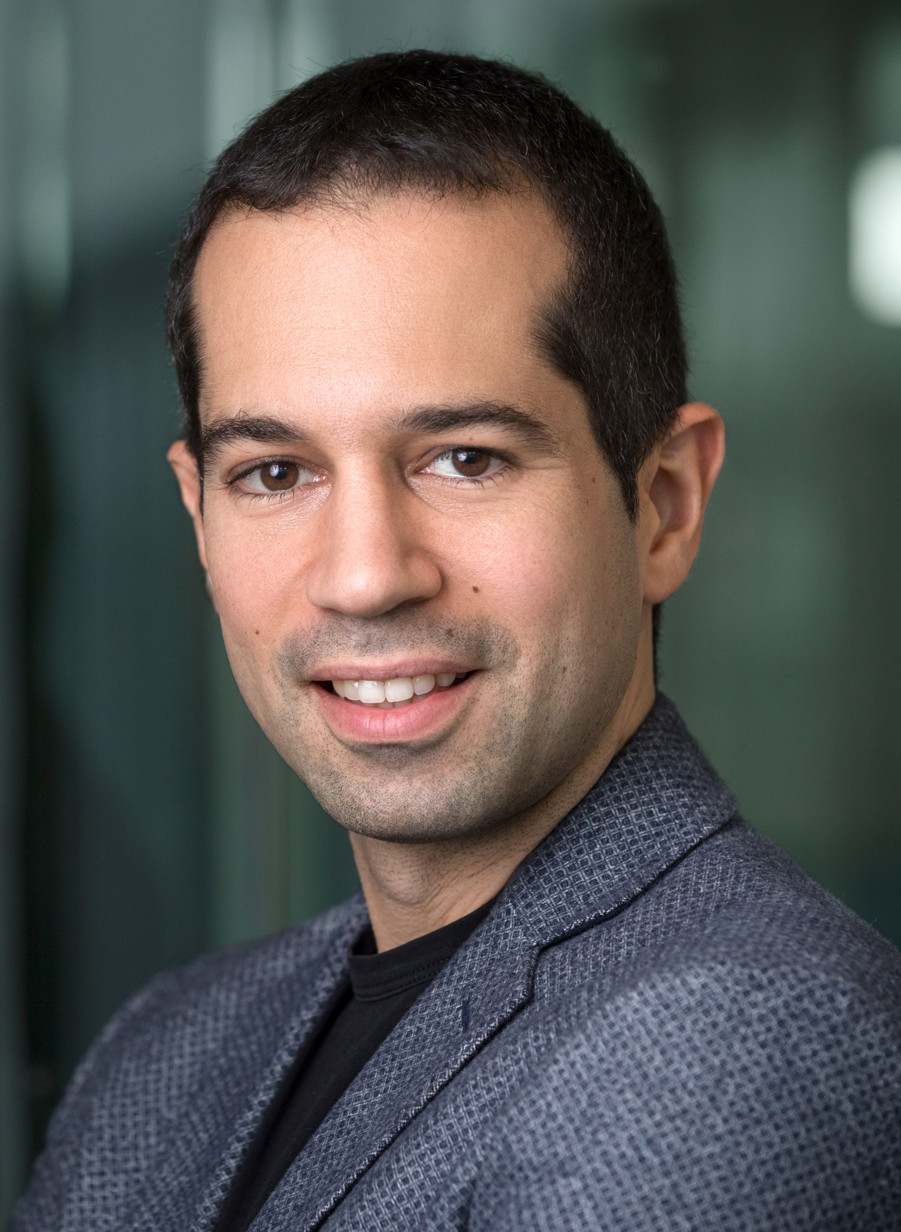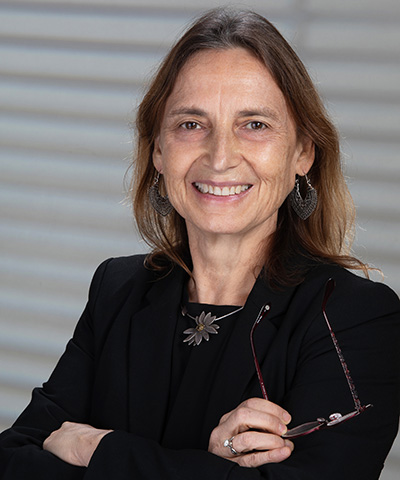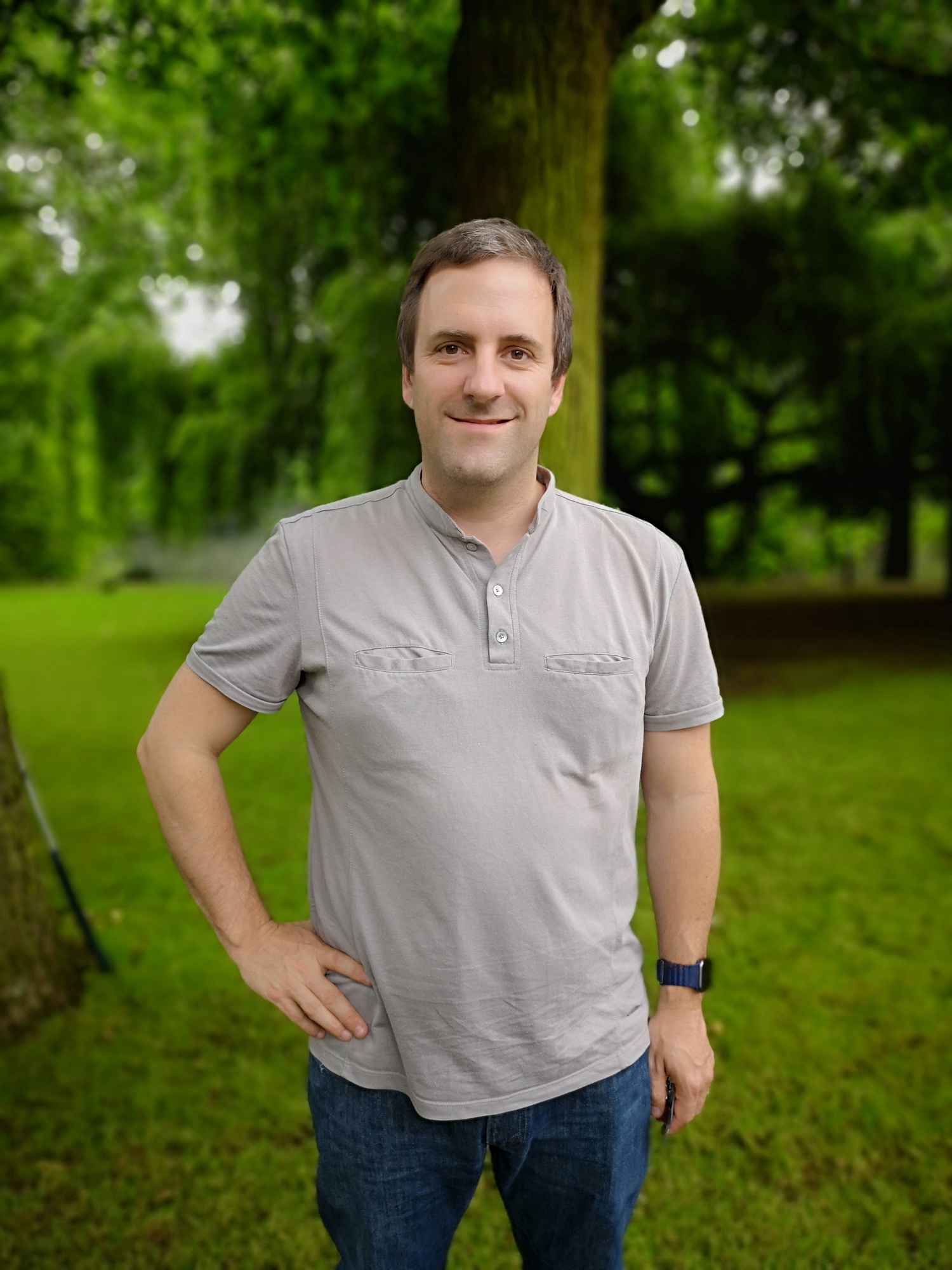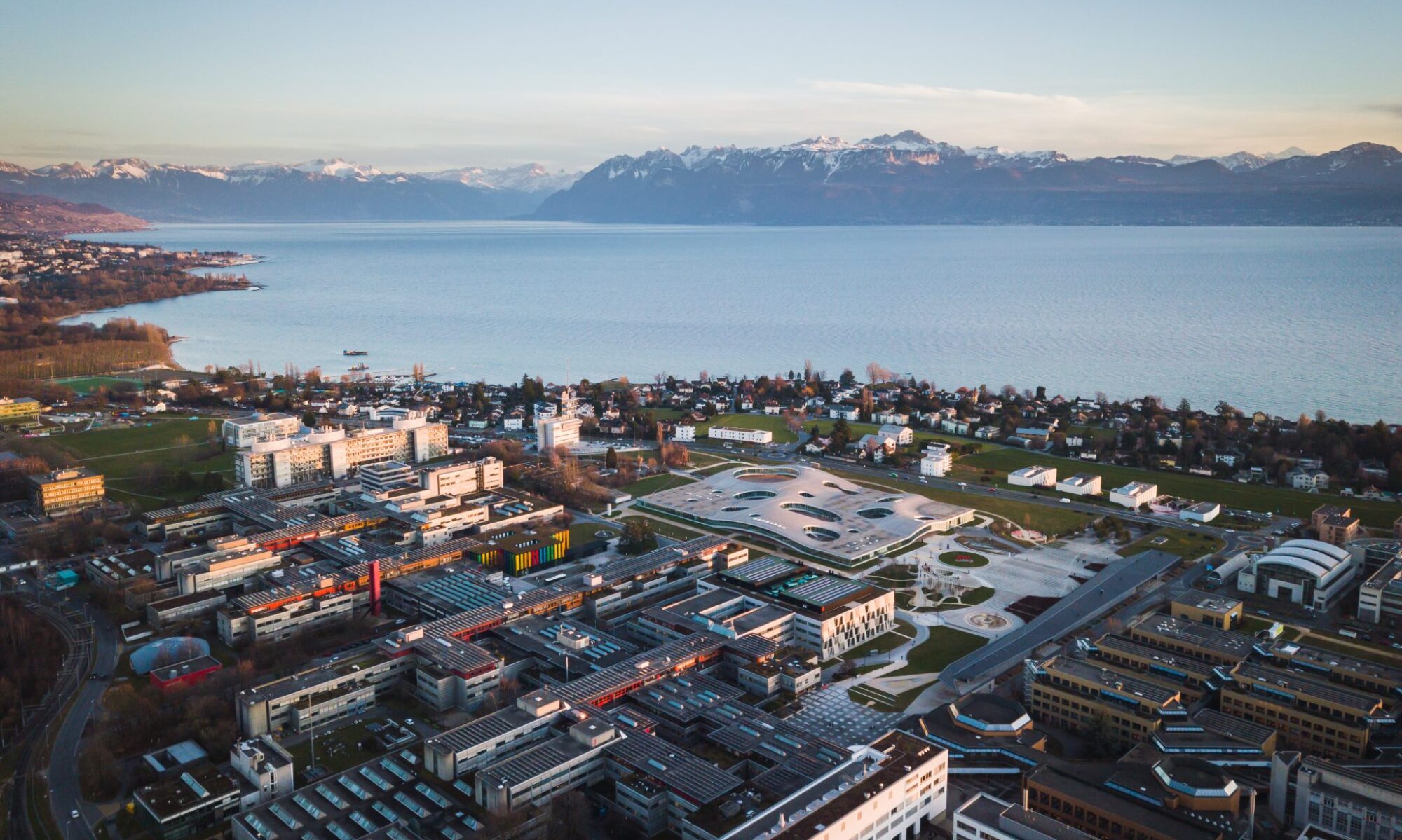Davide Scaramuzza
Title: TBA

Abstract: TBA
Biography: Davide Scaramuzza is a Professor of Robotics and Perception at the University of Zurich. He did his Ph.D. at ETH Zurich, a postdoc at the University of Pennsylvania, and was a visiting professor at Stanford University. His research focuses on autonomous, agile navigation of micro drones using standard and event-based cameras. He pioneered autonomous, vision-based navigation of micro drones, which inspired the navigation algorithm of the NASA Mars helicopter and many drone companies. In 2022, his team demonstrated that an AI-powered drone could outperform the world champions of drone racing, a result published in Nature and featured on the magazine cover. His result marks the first time an AI defeated a human in the physical world (previous AI wins against humans at chess, Go, StanrCraft, and Gran Turismo were done on board games or video games). His research contributed significantly to visual-inertial state estimation, vision-based agile navigation of microdrones, and low-latency, robust perception with event cameras. His results have been transferred to many products, from drones to automobiles, cameras, AR/VR headsets, and mobile devices. He counts several entrepreneurial achievements: In 2015, he co-founded Zurich-Eye, which became Facebook-Meta Zurich and developed the world-leading virtual-reality headset Meta Quest.
In 2020, he co-founded SUIND, which builds autonomous drones for precision agriculture. For his research contributions and tech transfer, he has won many awards, including a Kiyo-Tomiyasu IEEE Technical Field Award (won only by two other roboticists in the 20 years of existence of this award), an IEEE Robotics and Automation Society Early Career Award, a European Research Council Consolidator Grant, and many paper awards, including the 2023 IROS Best Paper Award, the 2022 IEEE Robotics and Automation Letters Best Paper Award, and the 2018 IEEE Transactions on Robotics Best Paper Award. He co-authored the book “Introduction to Autonomous Mobile Robots,” published by MIT Press, which has sold over 10 thousand copies worldwide and is among the most used textbooks for teaching mobile robotics. He has been consulting the United Nations on disaster response, the Fukushima Action Plan, disarmament, and AI for good. Many aspects of his research have been featured in the media, such as The New York Times, The Economist, The Guardian, and Forbes.
Jannick Rolland
Title: Augmented and Virtual Reality: Shaping Tomorrow’s World

Abstract: TBA
Biography: Jannick P. Rolland is Director of the Center for Freeform Optics (CeFO) and the Brian J. Thompson Professor of Optical Engineering at the University of Rochester. She co-founder and is CTO of LighTopTech. Professor Rolland holds appointments in the Center for Visual Science and the Department of Biomedical Engineering. Her research spans novel optical instrumentation across a wide range of applications, including biophotonics imaging and augmented and virtual reality – with freeform and meta optics as core elements of innovation. She earned an optical engineering diploma from the Institut D’Optique Théorique et Appliquée, France, and MS and PhD degrees from the College of Optical Sciences at the University of Arizona. Professor Rolland is a Fellow of Optica (former OSA), SPIE, NYSTAR, and the National Academy of Inventors (NAI). She is also a member of the EU Academy of Sciences (EUAS), and an inaugural member of the IEEE VGTC Virtual Reality Academy. Professor Rolland served as Director at Large on the OSA Board of Directors 2010-2013, as associate editor of Presence, Optical Engineering, Optics Letters, and currently J. OPTICA. She is the recipient of the 2014 David Richardson Medal, the 2017 Edmund A. Hajim Outstanding Faculty Award, and the 2020 Joseph Fraunhofer Medal and Robert M. Burley Prize.
Sylvain Gigan
Title: TBA

Abstract: TBA
Biography: Sylvain Gigan obtained an engineering degree from Ecole Polytechnique (Palaiseau France) in 2000. After a Master Specialization in Physics from University Paris XI (Orsay, France), he obtained a PhD in Physics 2004 from University Pierre and Marie Curie (Paris, France) in quantum and non-linear Optics.
From 2004 to 2007, he was a postdoctoral researcher in Vienna University (Austria), working on quantum optomechanics, in the group of Markus Aspelmeyer and Anton Zeilinger. In 2007, he joined ESPCI ParisTech as Associate Professor, and started working on optical imaging in complex media and wavefront shaping techniques, at the Langevin Institute.
Since 2014, he is full professor at Sorbonne Université, and group leader in Laboratoire Kastler-Brossel, at Ecole Normale Supérieure (ENS, Paris). His research interests range from fundamental investigations of light propagation in complex media, biomedical imaging, sensing, signal processing, to quantum optics and quantum informations in complex media.

